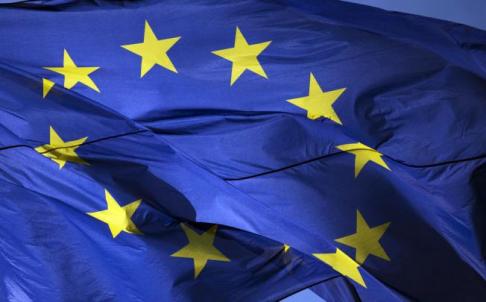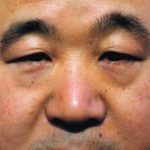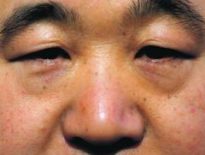The European Union won the Nobel Peace Prize yesterday for promoting peace, democracy and human rights over six decades in an award seen as a morale boost as the bloc struggles to resolve its economic crisis.
The award served as a reminder that the EU had largely brought peace to a continent which tore itself apart in two world wars in which tens of millions died.

The EU has transformed most of Europe “from a continent of wars to a continent of peace”, Nobel Committee chairman Thorbjoern Jagland said.
“The EU is currently undergoing grave economic difficulties and considerable social unrest,” Jagland said. “The Norwegian Nobel Committee wishes to focus on what it sees as the EU’s most important result – the successful struggle for peace and reconciliation and for democracy and human rights.”
Jagland praised the EU for rebuilding Europe from the devastation of the second world war and for its role in spreading stability after the fall of the Berlin Wall in 1989.
European Union President Herman Van Rompuy and European Commission president Jose Manuel Barroso described the award as “a tremendous honour”.
“This prize is the strongest possible recognition of the deep political motives behind our Union: the unique effort by ever more European states to overcome war and divisions and to jointly shape a continent of peace and prosperity,” they said.
However, the award was derided by “Eurosceptics” and those hit by austerity measures in the euro zone. The single currency zone has seen economic instability and social unrest, with rioting in Greece and Spain.
The EU’s founders were driven by the conviction that ever-closer economic ties would ensure centuries-old rivals never turned on each other again.
It is now made up of 500 million people in 27 nations.
The prize, worth US$1.2 million, will be presented in Oslo on December 10. It is not clear who will collect the cheque and what it will be spent on.





